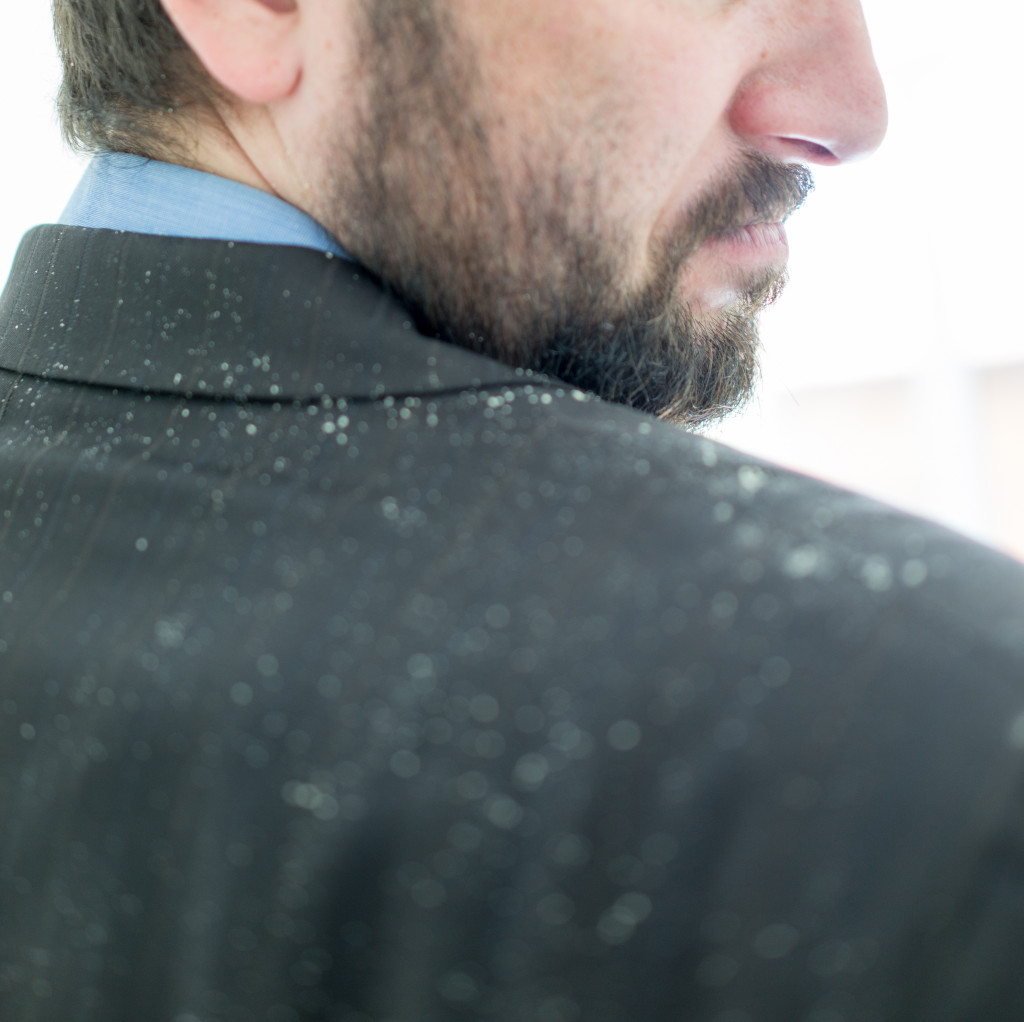A dry scalp is a common problem that can lead to dandruff, itching, and hair loss. According to the American Academy of Dermatology, over 50% of people will experience a dry scalp. There are several disadvantages of having a dry scalp, including:
- Dandruff: Dry scalp can lead to dandruff, characterized by skin flakes on the scalp. Dandruff can be itchy and embarrassing and lead to hair loss if not treated.
- Itching: Dry scalp can cause a lot of itching, which can be uncomfortable and irritating.
- Hair Loss: Hair loss is one of the biggest concerns with a dry scalp. If left untreated, dandruff and itching can lead to hair loss over time.
You might experience self-esteem issues due to dandruff and hair loss if you have a dry scalp. A dry scalp can also be painful if the itching is severe.
Fortunately, there are several things you can do to solve the problem of a dry scalp. Here are a few you should consider.
Home Remedies
A straightforward way to combat a dry scalp is to use a humidifier in your home. This will help add moisture to the air, which your skin can absorb.
You can also try using olive oil or coconut oil as a natural moisturizer for your scalp. Just massage a small amount into your scalp and leave it on for 30 minutes before shampooing. Apple cider vinegar is another realistic option that can help balance the pH of your scalp.
Another home remedy will be to change your shampoo. Look for a hydrating shampoo that doesn’t strip your scalp of its natural oils. Also, avoid using hot water when you shampoo, as this can further dry your scalp.
Home remedies will require patience and consistent use before you see results. But they’re often worth a try before resorting to more aggressive treatments.
If home remedies don’t seem to work, you can also try a few medical treatments.
Change Your Shampoo

If there is anything that can help you reverse the issues of yore, it is an excellent ol’ switch-a-roo with your shampoo. Ditch the harsh shampoos that contain sulfates and other irritating ingredients. Look for hydrating shampoos with natural oils like coconut or olive oil. You want a shampoo that is gentle enough not to strip away your scalp’s natural oils but is also potent enough to get rid of any gunk buildup.
If you’re using a shampoo containing harsh chemicals, it could contribute to your dry scalp. Look for a gentle, sulfate-free shampoo instead. You might also want to try a dandruff shampoo if home remedies don’t seem to be working.
You can also find a good shampoo and conditioner for dry scalp online. You can also ask your dermatologist for recommendations. Your shampoo products will make a big difference in how your scalp feels, so it’s worth finding the right ones.
Seek Help from a Dermatologist
If you’ve tried home remedies and changing your shampoo, but nothing seems to be working, it’s time to seek help from a dermatologist. They can give you a scalp exam and determine the cause of your dry scalp.
They can also prescribe medication to treat your dry scalp. The type of medication will depend on the cause of your dry scalp. Be sure to follow their instructions carefully, and don’t stop taking the drug until they tell you it’s okay. Here are a few medications that dermatologists might prescribe:
- Corticosteroids: These are drugs that can help reduce inflammation. They come in creams, lotions, or gels that you apply to your scalp.
- Antifungal medications: Your dermatologist may prescribe an antifungal medication if a fungus causes a dry scalp. These can come from creams, shampoos, or oral medications.
- Other treatments: Your dermatologist may also recommend light therapy or other treatments depending on the cause of your dry scalp.
Medical Treatments
There are a few medical treatments that can help with a dry scalp. One option is light therapy, which involves using a particular device that emits ultraviolet light onto the scalp. This treatment can help reduce inflammation and stimulate hair growth.
Corticosteroid injections are another option for treating a dry scalp. This treatment helps reduce inflammation and can be used with other treatments like light therapy.
Botox injections are also an option for treating a dry scalp. This treatment works by temporarily paralyzing the muscles in the scalp, which can help reduce inflammation.
Surgery is a last resort option for treating a dry scalp. This treatment involves removing the affected skin and hair follicles and can be used to treat severe cases of hair loss.
Final Thoughts
A dry scalp can be a frustrating problem, but treatments available can help. Be sure to talk to your dermatologist if home remedies and over-the-counter medicines aren’t working. With the proper treatment, you can get your dry scalp under control.

